To protect your home and your health, boiler overheating is a serious concern that needs to be discussed with a gas engineer in Belfast immediately.
Boilers are in charge of generating hot water for showers and other uses and heating water. Numerous issues, including safety risks, decreased efficiency, and higher energy costs, can arise when your boiler overheats.
Explosion risk could result from a boiler overheating condition, which is a serious issue. The good news is that modern boilers contain safety measures that prevent overheating by locking out the unit.
It is crucial to be ready. Nevertheless, in the unlikely case, these safety precautions fail. This makes it essential to understand how to spot an overheating boiler and when to call for a gas boiler service in Belfast.
Read on to find out more information.
What Are The Signs That A Boiler Is Overheating?
Your boiler will lock out if it starts to overheat. The boiler will then display an error code. The error code will show if the boiler is overheating.
What Are The Reasons for A Boiler Overheating?
If a boiler overheats and is not repaired immediately, everyone on the property and nearby is in danger. The typical causes of boiler overheating are as follows:
Limescale Accumulation
System Blockage
Pump Failure
Thermistor Problems
Let's now examine each of these reasons in more detail.
Limescale Accumulation
Your boiler could overheat if limescale accumulation on the heat exchanger hinders water flow.
The heat exchanger's job in the heating system is to warm cooler water before it is pumped through the radiators. In addition to increasing the possibility of overheating, this could shorten the boiler's lifespan.
Because it can produce sounds resembling a kettle whistle, this limescale formation is known as kettling. Call a heating professional to clear the system of any limescale and flush out the system if you hear a kettle.
System Blockage
Strange noises coming from your central heating system shouldn't be heard because they are a sign of a clog.
Another warning sign is if any of your radiators haven't been heating up properly.
Blading the radiator can get rid of excess air that may be present in radiators that don't heat up.
A professional in heating will need to execute a power flush at the site of a significant clog. A power flush is a cleaning method that removes all waste from the central heating system, including rust and limescale. To properly and efficiently heat the space, the hot water can circulate freely around the radiators.
Pump Failure
The pump's function is to circulate water throughout the central heating system. The appliance can overheat if a fault prevents the hot water from leaving the boiler. A heating expert might be able to fix the pump, but more than likely, a new pump will be required.
Thermistor Problems
The printed circuit board (PCB) constantly checks the water's temperature to decide whether to boost or drop it in response to demand.
If the thermistor breaks down and the water temperature rises too high, the boiler may overheat.
A fully qualified heating specialist can only repair a thermistor, and it will probably need to be replaced.
How To Fix A Boiler That Is Too Hot
The root cause of the boiler overheating will determine how to resolve it. All of the typical causes we've mentioned above call for professional assistance.
Always work with a fully qualified specialist regarding boiler installation, maintenance, and servicing. Hiring someone without the necessary credentials could result in boiler overheating or even worse.
The law only permits Gas Safe-licensed engineers to work on gas boilers. Verify that a heating engineer is listed on the Gas Safe registry before hiring them. Ask to see their Gas Safe ID when they return to your property after that.
How To Stop A Boiler From Getting Too Hot
Prevention is preferable to treatment when it comes to a boiler overheating.
Fortunately, rust and other particles in the heating system can be removed by installing a magnetic filter before they can accumulate and cause a clog.
A central heating inhibitor might potentially be a part of the heating system. It's important to know that some manufacturers require the heating system to have inhibitor additives regularly to maintain the warranty's validity.
Finally, you might want to think about a scale reducer if you live somewhere with hard water. A scale reducer will aid in preventing the formation of limescale in the heating system because of the significant amounts of limescale in hard water.
Conclusion
Following these suggestions, you can keep your heating system operating securely, reliably, and efficiently. Installing a new boiler in any structure with an outdated central heating system is the best way to prevent a central heating system from overheating. Lastly, look for a "gas boiler engineer near me" on Google to learn more.
Action Plumbing and Heating has been operating for over 30 years and continuing, with great success, as a third-generation, family-run business. We are Belfast's No.1 gas boiler installation specialists. Contact us for a gas boiler service in Belfast.

